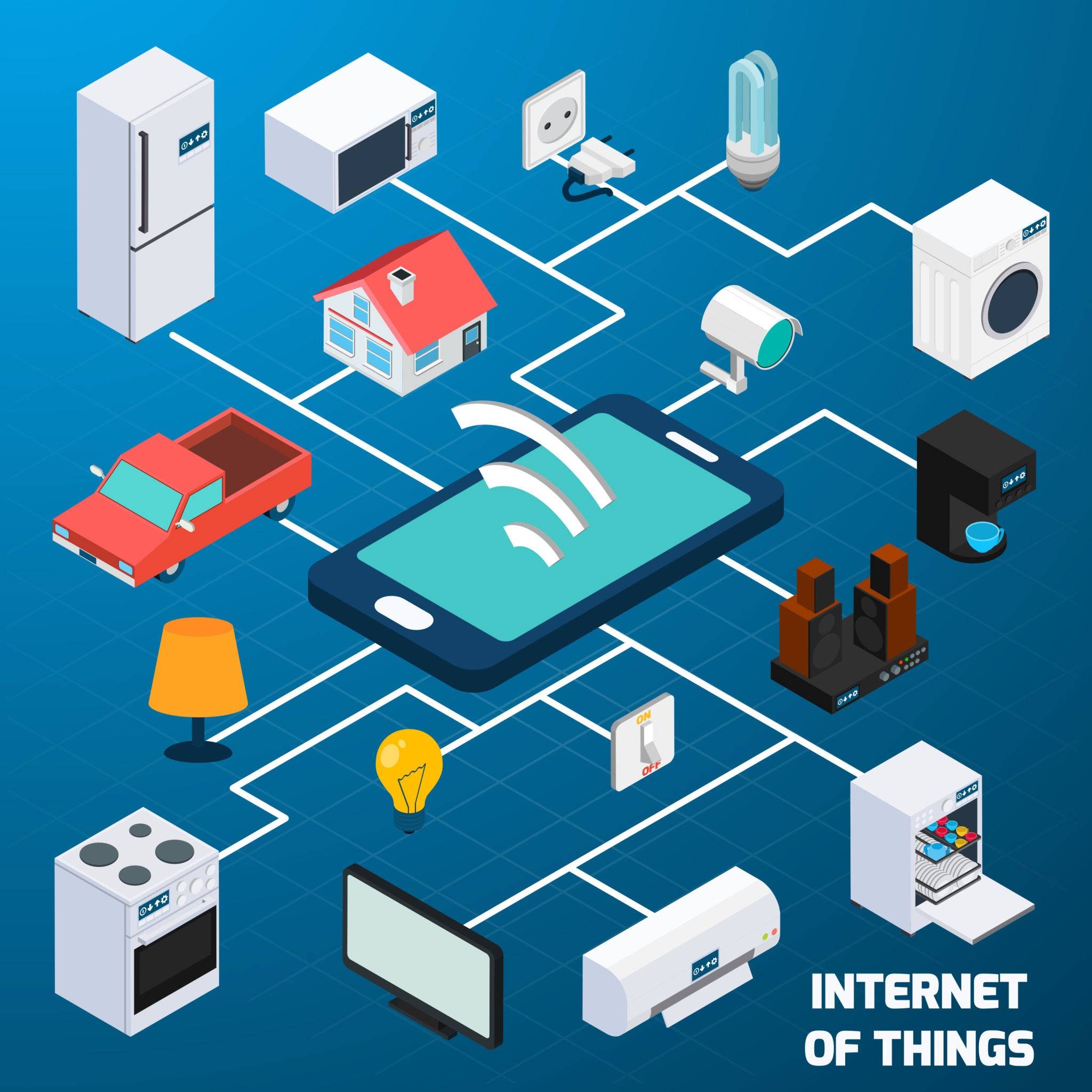Technology impacts every aspect of society, business, and personal interactions. From smartphones to artificial intelligence, from cloud computing to virtual reality, the world of technology is vast and continually expanding. Understanding different types of technology is crucial to navigating this complex landscape.
1. Empowerment and Informed Decision-Making
One of the most significant advantages of understanding different technology types is empowerment. Knowledge is power; in our tech-savvy world, being informed about various technologies allows individuals to make informed decisions. Whether it's choosing the right smartphone, selecting software for a specific task, or deciding on the best cybersecurity measures, an understanding of technology types encourages individuals to make appropriate choices that align with their needs and preferences.
For instance, imagine you are in the market for a new laptop. Knowing the differences between various operating systems (Windows, macOS, Linux) and hardware specifications (CPU, RAM, storage) will allow to make a well-informed decision that meets your requirements and budget.
2. Enhanced Career Opportunities
In today's job market, technology plays a pivotal role in virtually every industry. Employers seek individuals with technical knowledge and skills relevant to their field. Understanding different technology types can significantly enhance career opportunities. It opens doors to various job roles, from software development and data analysis to cybersecurity and digital marketing.
Moreover, technology continually evolves, and staying up-to-date is essential for career growth. Professionals who invest in learning about emerging technologies position themselves as valuable assets to their employers and may even become industry leaders.
3. Innovation and Problem-Solving
Innovation is at the heart of technological progress. Understanding different technology types fosters creativity and innovation by allowing individuals to see new possibilities and solutions to existing problems. When you comprehend how different technologies work, you can envision novel ways to apply them in various contexts.
For example, someone knowledgeable about augmented reality (AR) and virtual reality (VR) technologies might develop innovative ideas for improving remote collaboration, training, or entertainment experiences. Without this understanding, such groundbreaking ideas may remain undiscovered.




No comments yet
Be the first to share your thoughts!